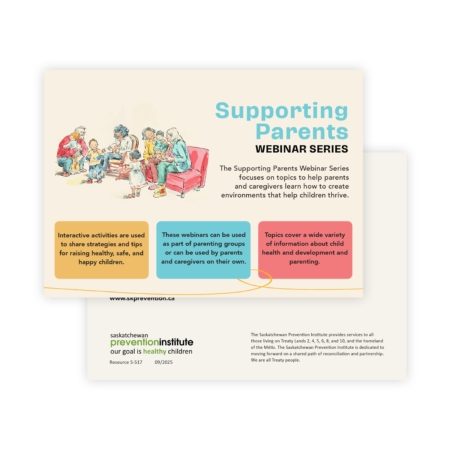Intimate Partner Violence and Pregnancy
Attributes to meet: PDF: Download File, Fact Sheets
Download File: condition met
Fact Sheet, 2024
Intimate partner violence (IPV) involves behaviours by an intimate partner or ex-partner that cause physical, sexual, or psychological harm. While IPV can occur between partners of any gender or sexual orientation, women are most often the victims, and men are frequently the perpetrators. This fact sheet highlights the prevalence, risk factors, and impacts of IPV specifically during pregnancy. It details the significant health risks associated with IPV for both the mother and fetus and outlines key strategies for detection, intervention, and support.
Related products
-

Childhood Exposure to Intimate Partner Violence: A Literature Review
Report, 2024
Childhood exposure to intimate partner violence (IPV) can have both short- and long-term negative impacts on the health and well-being of children that can persist across generations. This literature review details prevalence, child perspectives, effects of exposure, and intergenerational transmission of violence. Information about protective factors and intervention strategies is also provided.
For a related literature review focused on intimate partner violence during pregnancy, please visit www.skprevention.ca/resource-catalogue/pregnancy/intimate-partner-violence-ipv-during-pregnancy-a-literature-review/.
SKU: 8-900 -

Supporting Parents Webinar Series
Information Card, 2025
This information card provides a QR code link to the Supporting Parents Webinar Series, a collection of recorded webinars developed to support parents and caregivers in creating environments where children can thrive. It can be distributed to families as a convenient means of accessing learning materials that promote positive parenting practices and child well-being.
SKU: 5-517 -

Trauma, Stress, and Young Children
Brochure, 2011
Written in plain language, this brochure helps parents to understand that stress is not always negative and that children should not be sheltered from mild stressors. The brochure also includes information about harmful stress and trauma and its impact on young children. Parents are given practical tips for helping their children who have experienced stress or trauma.
SKU: 8-501 -

Resiliency and Young Children: Reaching Out
Fact Sheet, 2013
There are three main abilities that people who are resilient have: relax, reflect, and respond. These can be further broken down into seven resiliency skills. Each skill forms the basis on which others can be built. These include emotional regulation, impulse control, causal analysis, empathy, realistic optimism, self-efficacy, and reaching out. This fact sheet focuses on practical ways that caregivers and frontline workers can help children build skills in the area of reaching out.
SKU: 8-609

